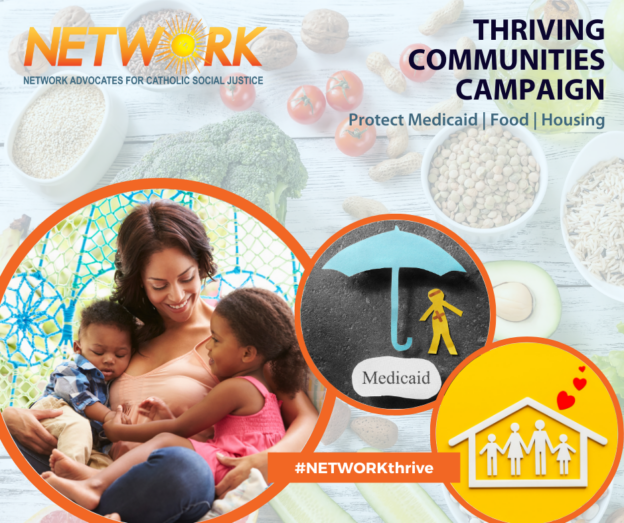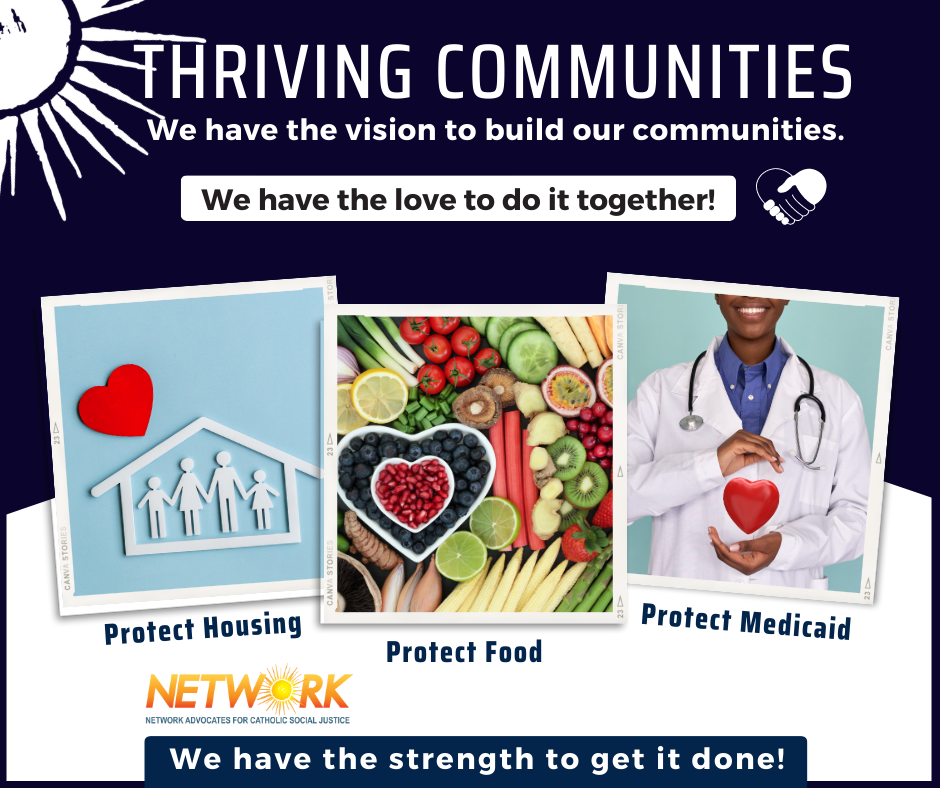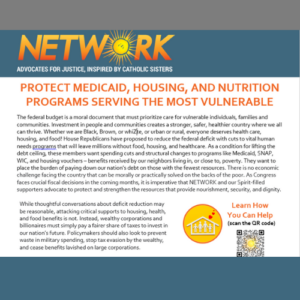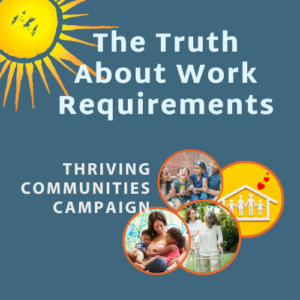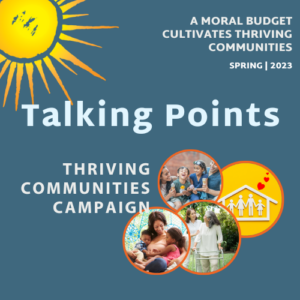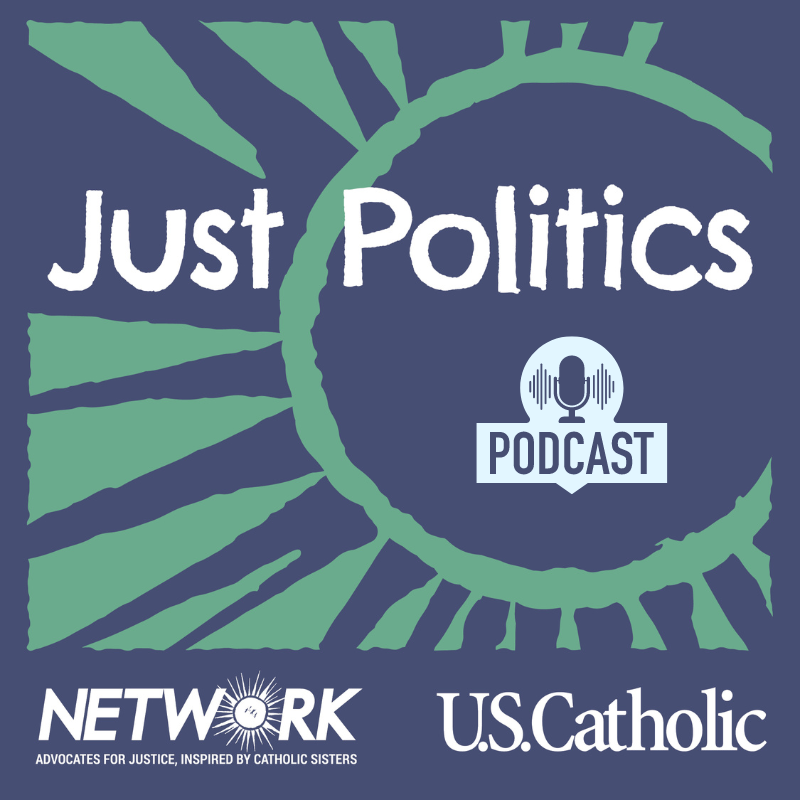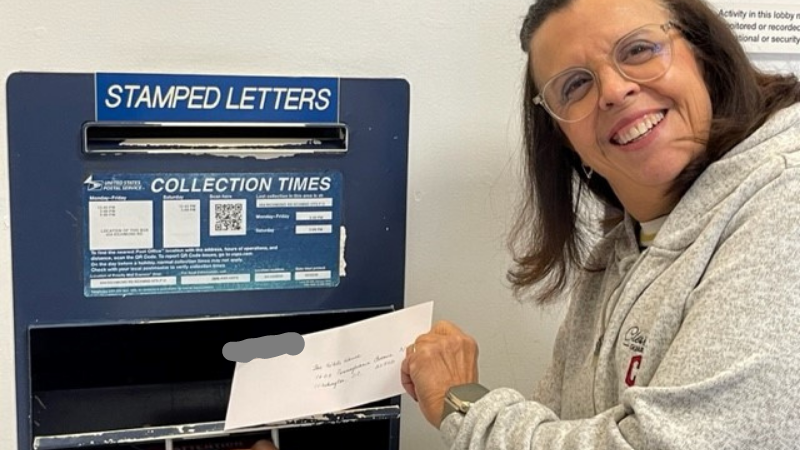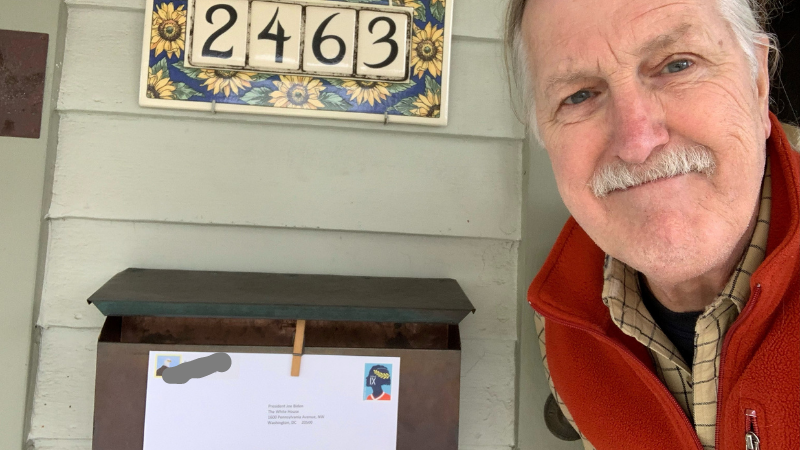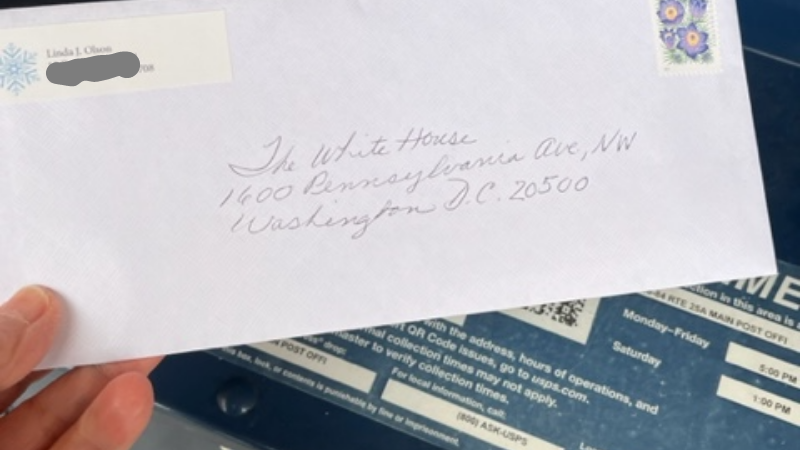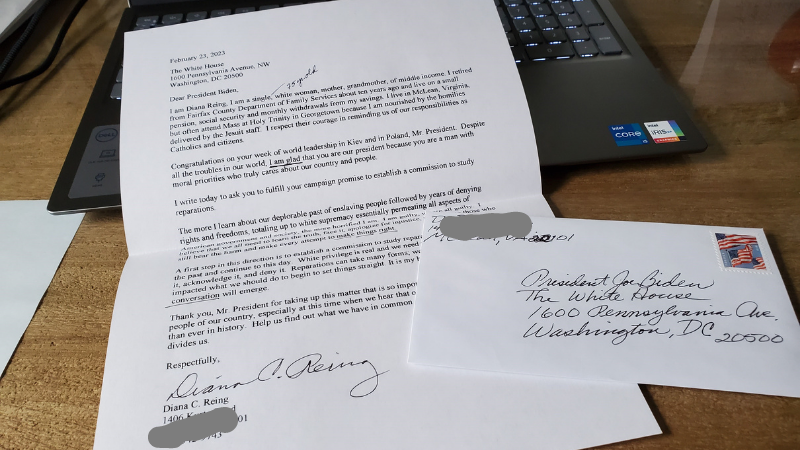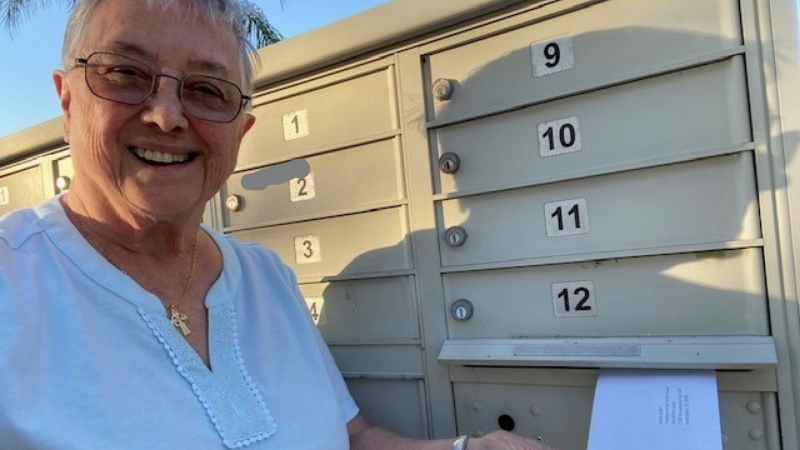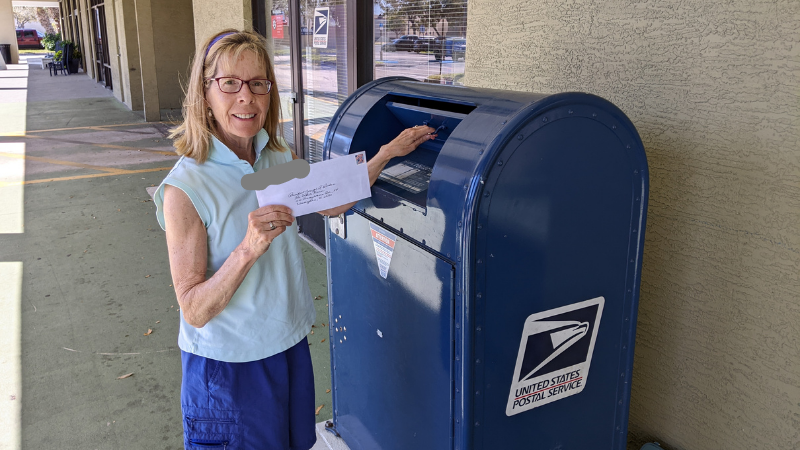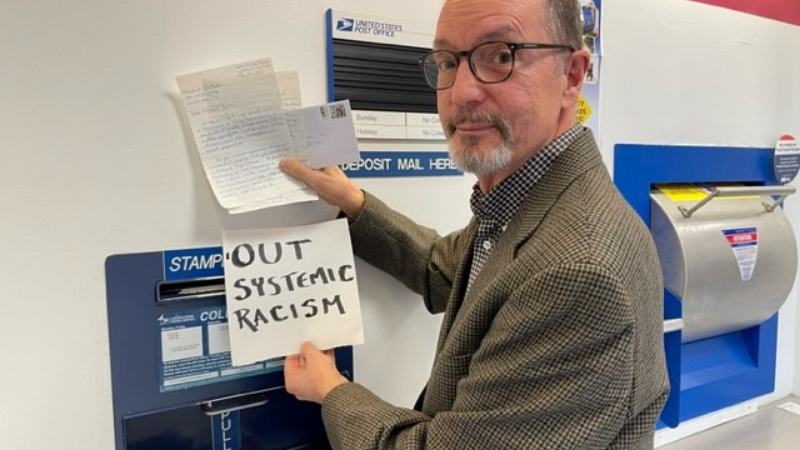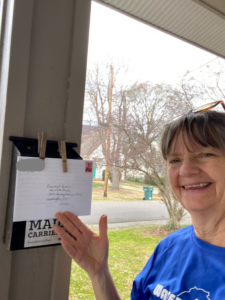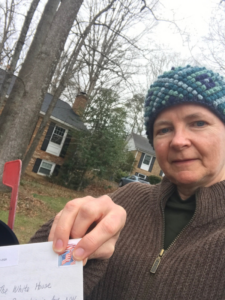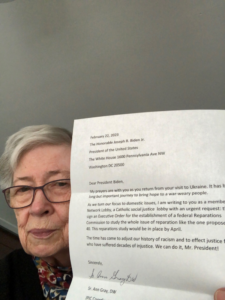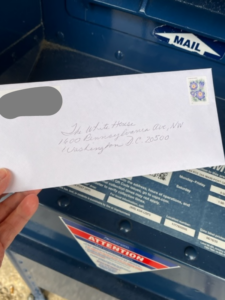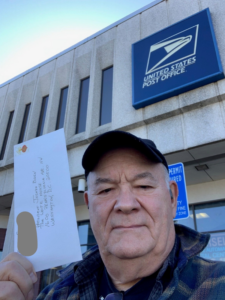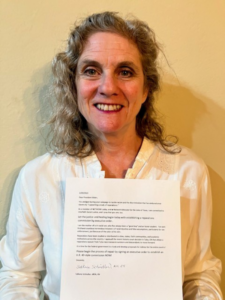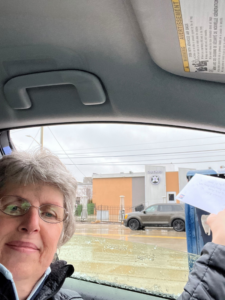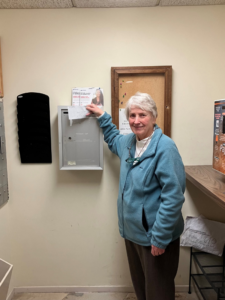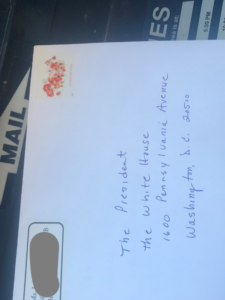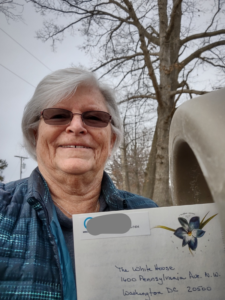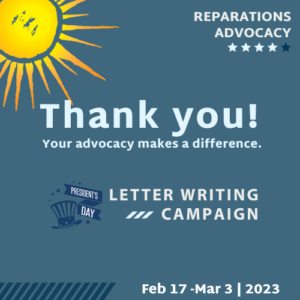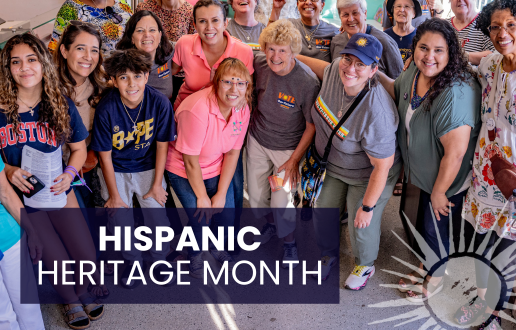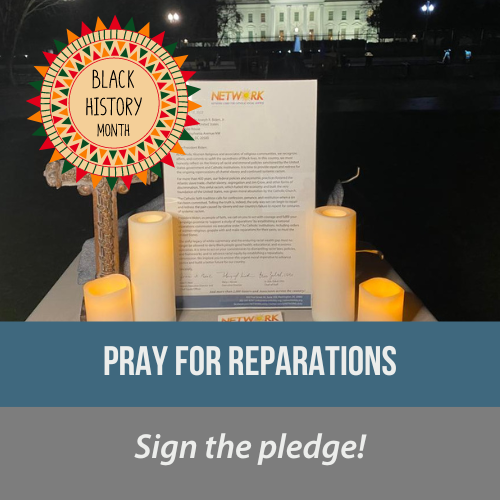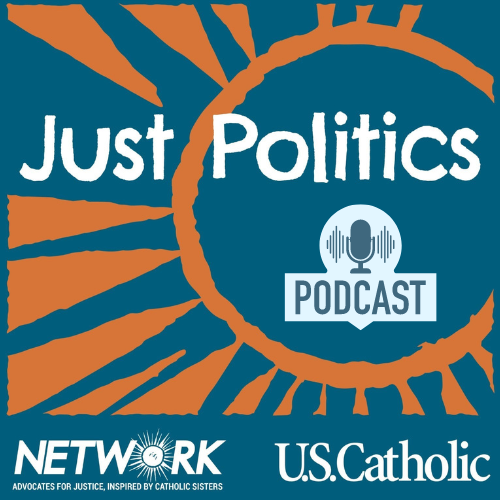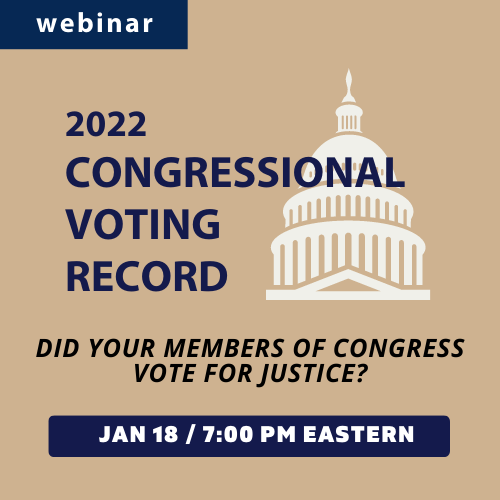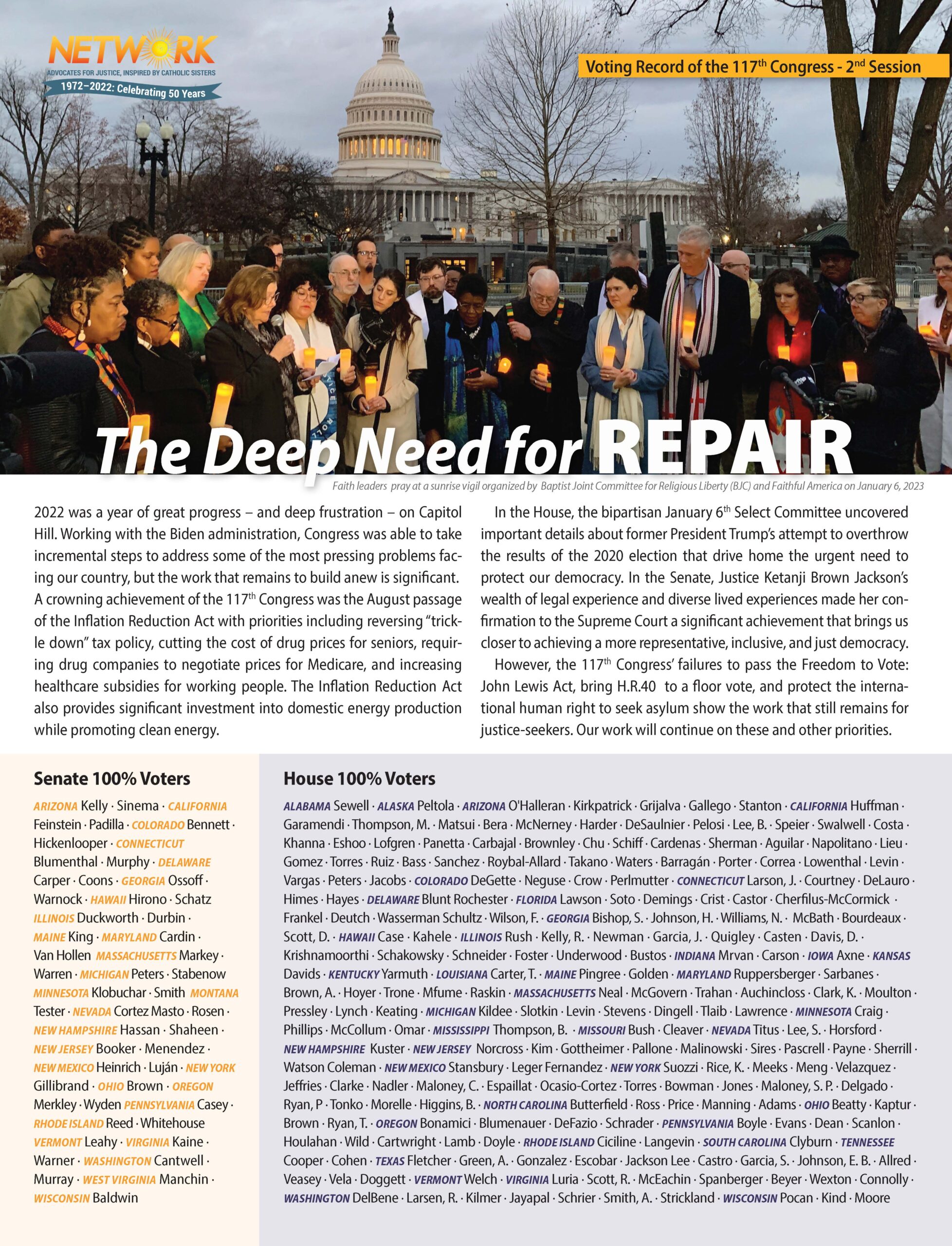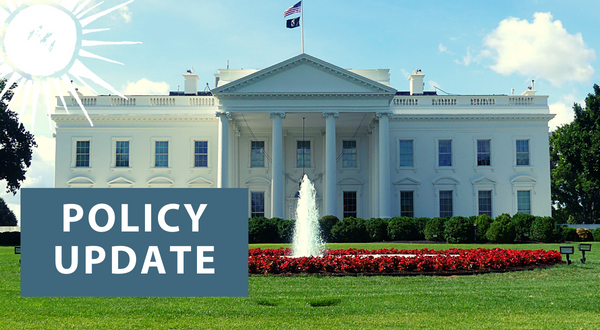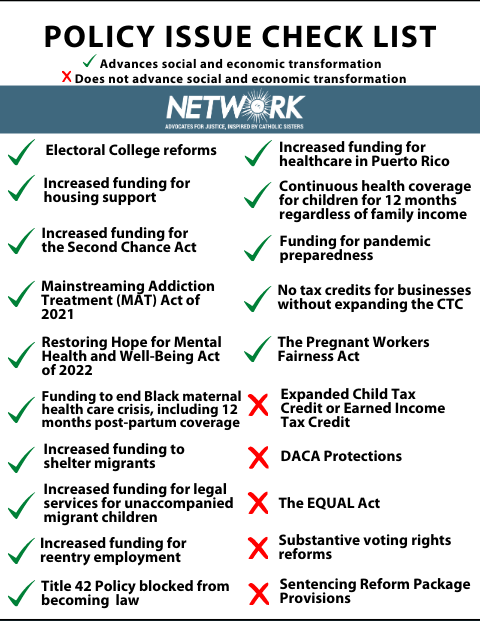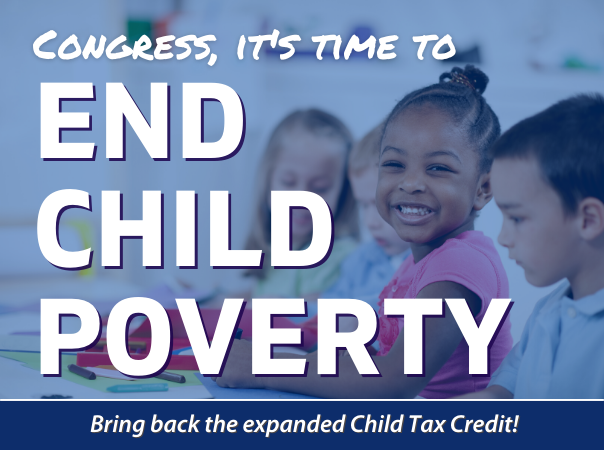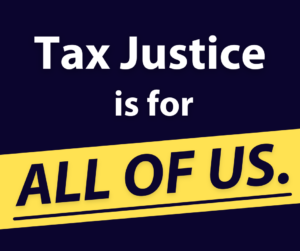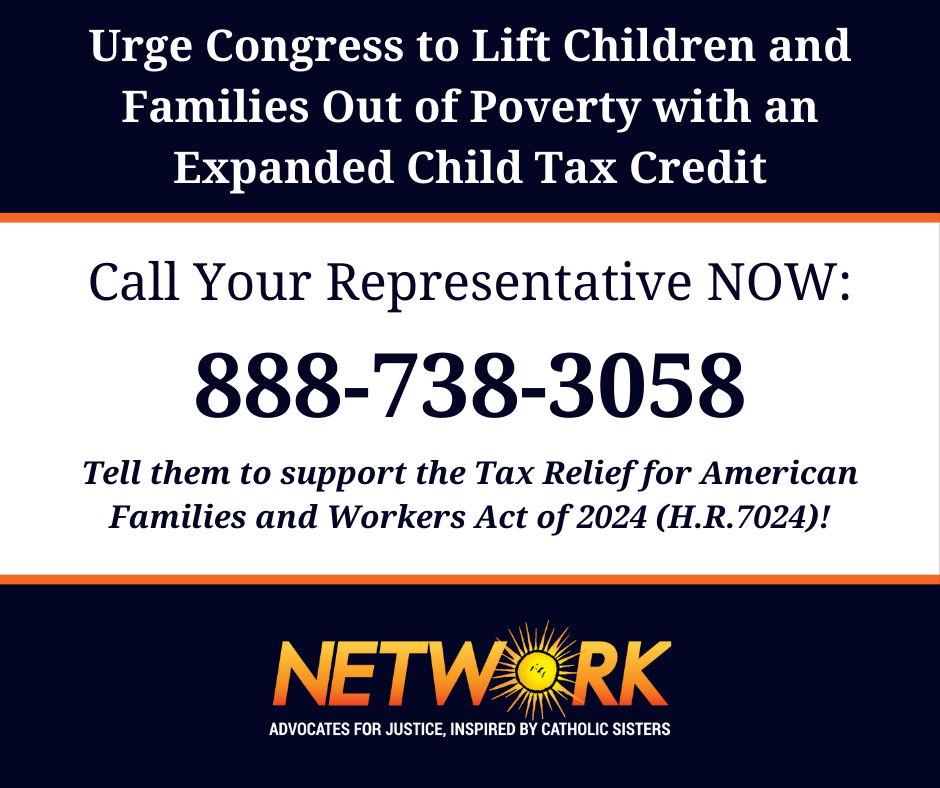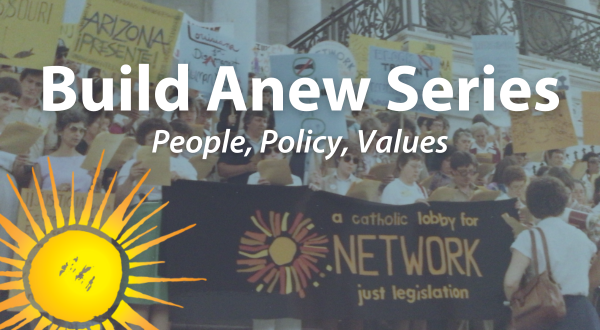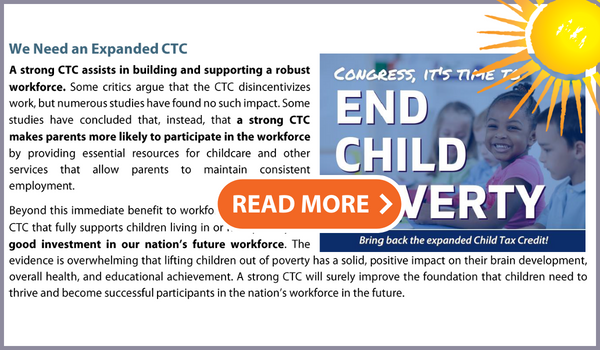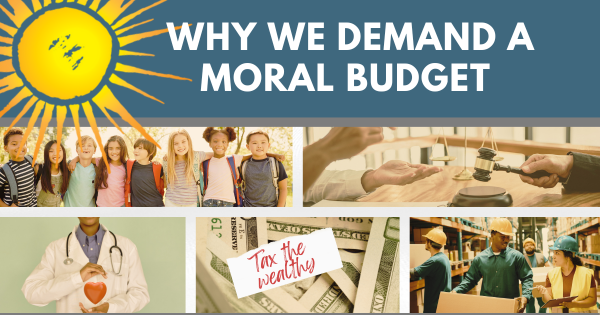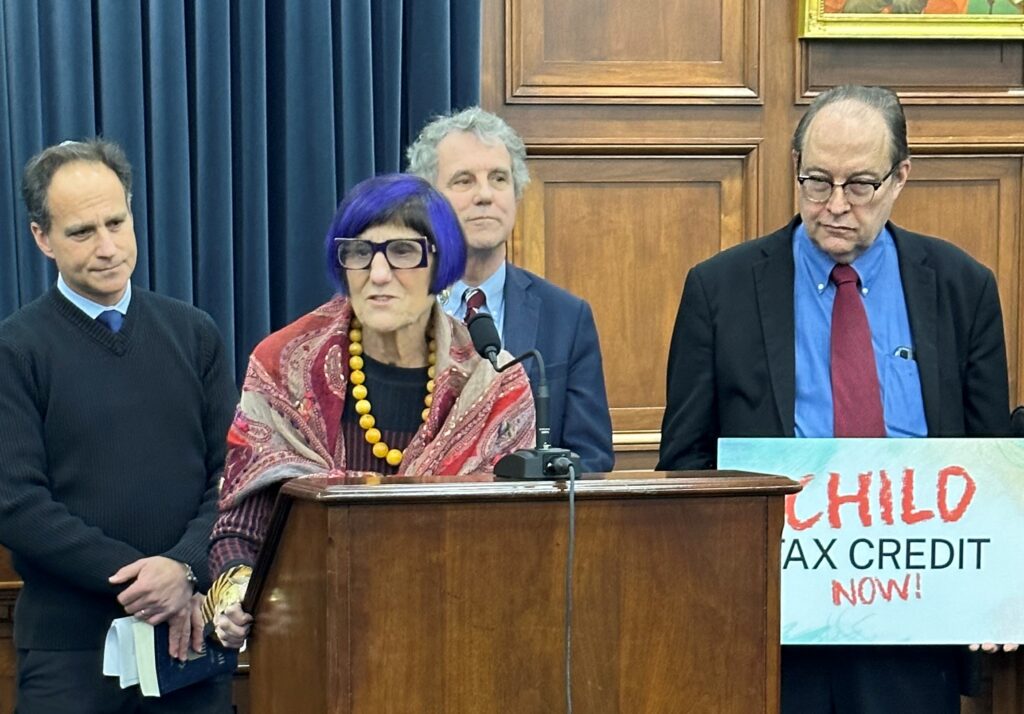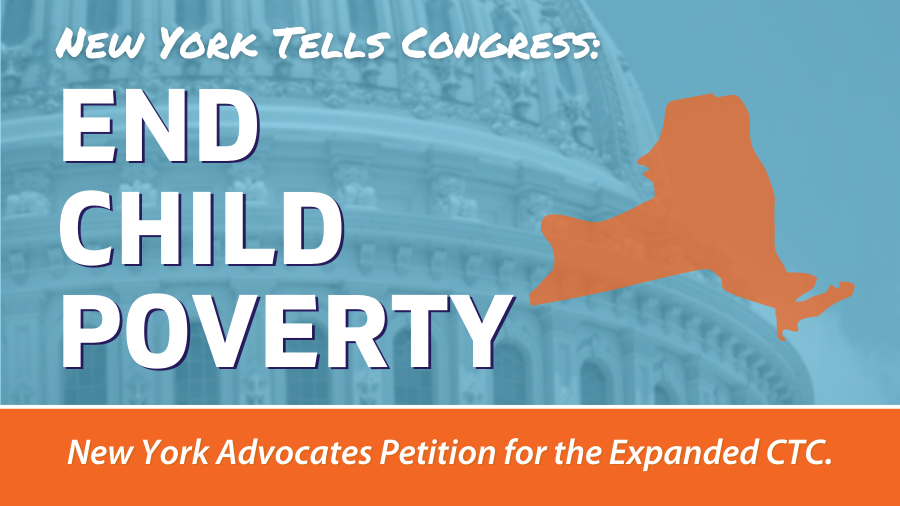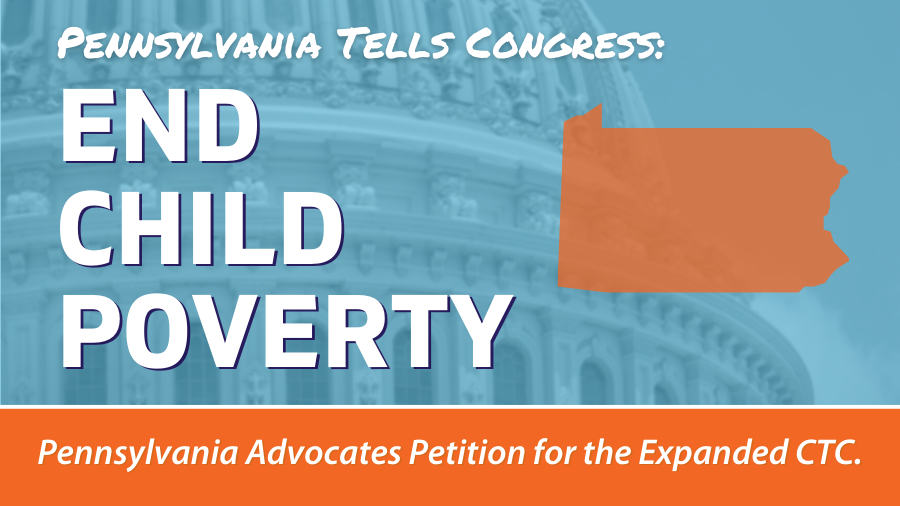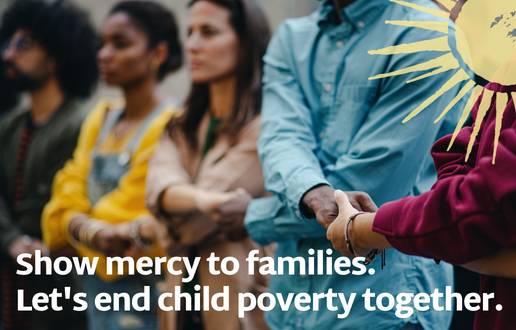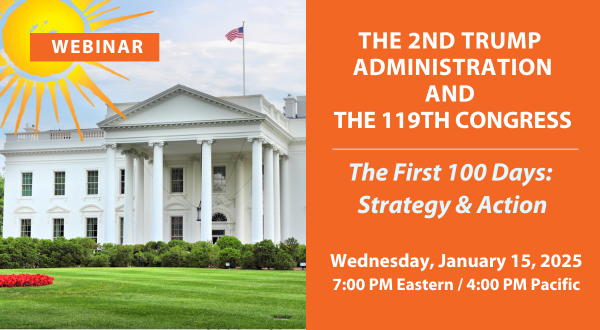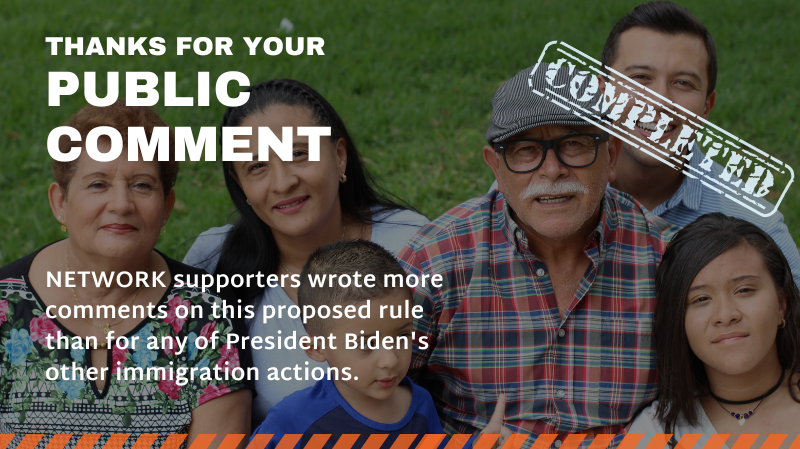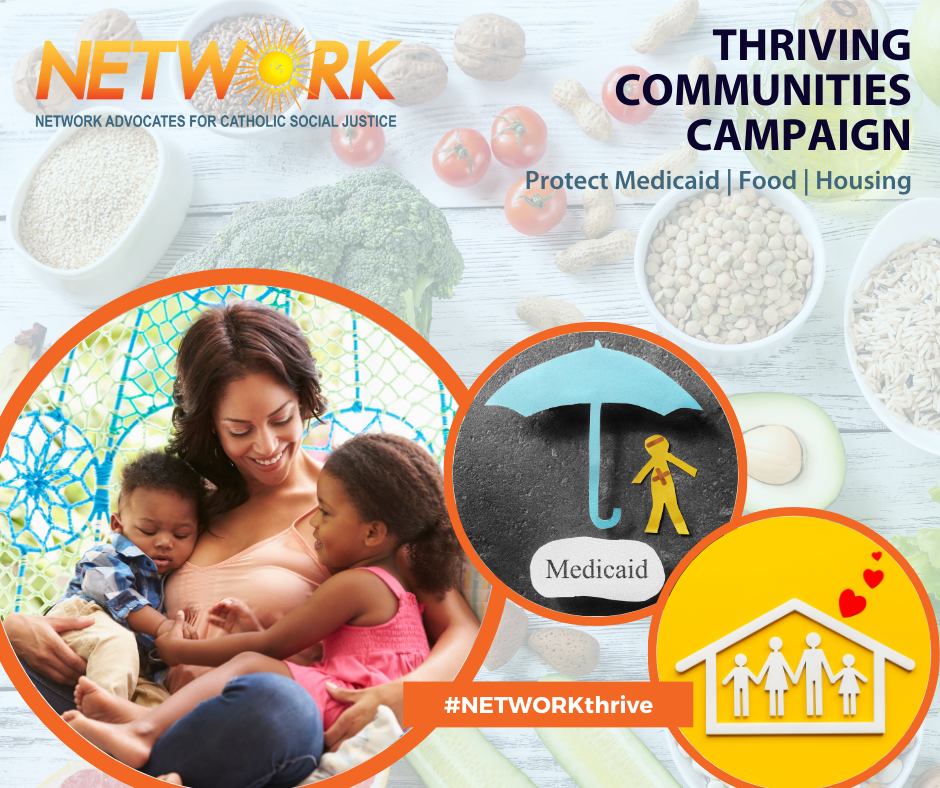Thanks for your advocacy!
NETWORK’s Thriving Communities Campaign ran MARCH 28 to JUNE 2, but our advocacy and lobbying for social justice continues. We thank all who joined our community of Spirit-filled supporters to advocate for food, medical care, housing, and other human needs.
We look forward to working with you again soon to continue the push for thriving communities for all of us — no exceptions!
Thriving Communities Campaign
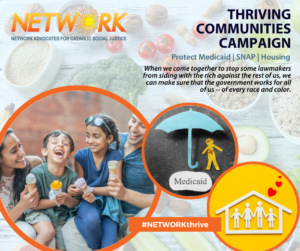 No matter where we live, how we pray, or the size of our paycheck, most of us want to be sure our families are well-fed, have a warm place to sleep at night, and can see the doctor when needed. Some politicians want to cut food, medical, and housing assistance programs that struggling folks need to pay down our country’s debts. It is immoral to place the debt ceiling burden on the backs of struggling people. Our national budget is a moral document that must allow everyone to thrive — not just the wealthy. When wealthy corporations and billionaires stop getting unfair advantages from the government that let them dodge what they truly owe in taxes, our budget will have what it needs to take care of veterans, families, and anyone in need — no exceptions. Just as we did when we fought for the Affordable Health Care Act 15 years ago, and last year for the Infrastructure Reduction Act, we will press our elected leaders to provide the supports and services our families need. Will you join the campaign?
No matter where we live, how we pray, or the size of our paycheck, most of us want to be sure our families are well-fed, have a warm place to sleep at night, and can see the doctor when needed. Some politicians want to cut food, medical, and housing assistance programs that struggling folks need to pay down our country’s debts. It is immoral to place the debt ceiling burden on the backs of struggling people. Our national budget is a moral document that must allow everyone to thrive — not just the wealthy. When wealthy corporations and billionaires stop getting unfair advantages from the government that let them dodge what they truly owe in taxes, our budget will have what it needs to take care of veterans, families, and anyone in need — no exceptions. Just as we did when we fought for the Affordable Health Care Act 15 years ago, and last year for the Infrastructure Reduction Act, we will press our elected leaders to provide the supports and services our families need. Will you join the campaign?
Get Started with the Thriving Communities Toolkit
Ready to get started? View our Thriving Communities Toolkit here, download it here. You can also view LTE’s that justice-seekers have had published in their communities around the country. See a selection of letters to the editor here.
We know that resources are bountiful in God’s beloved community. There’s enough for all of us — Black, white, and Brown — to thrive. But House Republicans want to meet the burden of our shared budget debt by cutting vital programs that those struggling in our country need to survive, like WIC, SNAP, housing assistance, and Medicaid.
We cannot balance a budget on the backs of poor people. It’s time that wealthy corporations and billionaires pay their fair share of taxes. Spirit-filled justice seekers are coming together through the Thriving Communities Campaign to advocate for a moral budget that provides for all of us… no exceptions!
The Thriving Communities Campaign has actions that we all can take to demand that Congress protect spending for vital human needs programs — so that everyone can have the food, shelter, and medical care they need to thrive. See our Thriving Communities Campaign Toolkit here.
The toolkit has guidance, messaging help, social media hashtags and posts, images to share, and more to make it easy for you to participate in the way that best suits you.
Watch Our Thriving Communities: #CareNotCuts Rallies
Learn More with Campaign Support Guides and Videos
This Work Requirements 1-pager helps you learn about existing work requirements and why adding such requirements is unnecessary and unjust.
Feel confident when you spread the goals and underlying messages of the Thriving Communities Campaign with this comprehensive talking points document. url=”
Watch the Government Relations team explain why a moral budget is needed and how the country can fund our federal budget to cultivate thriving communities.
Watch LTE Training: Let’s Talk Debt Ceiling facilitated by the Grassroots Mobilization team. See the Letter to the Editor Training slides.
See a selection of letters to the editor written by NETWORK advocates here.
Join the Campaign!
Let Congress know you want to protect Medicaid, housing, and food programs like SNAP!
Call Your Members of Congress!
Tell them to protect vital human needs programs in our federal budget!
*Dial 1-888-897-9753 to reach your House Representative
_____________________________
*Dial 1-888-496-3502 to reach your Senators
(Call this number two times to reach both Senators.)
When you call, here’s what you might say:
“Hello, my name is [YOUR NAME] from [YOUR TOWN]. I want to ask [MEMBER OF CONGRESS’S NAME] to protect SNAP, WIC, Medicaid, housing, and other vital human needs programs from any harmful budget cuts.
Hard working families, people with disabilities, kids aging out of foster care, and others who need the life-affirming support are our neighbors, friends, and loved ones, and our nation’s budget must prioritize their needs. As a person of faith, I believe that it is immoral to balance the budget on the backs of those who are struggling the most.
Congress must reduce the deficit by having the wealthy people and corporations pay what they truly owe in taxes, not by making cuts to our neighbors who need the support that our social safety net provides. [MEMBER OF CONGRESS’S NAME], as the budget process moves forward, please reject all proposals that weaken access to healthcare, food, or housing programs.”
Our Values Root Our Call for Vital Human Needs Programs
No matter our background, faith, or color, most of us work hard for our families. This includes people that receive assistance from vital human resource programs like Women, Infants, and Children (WIC), Supplemental Nutrition Assistance Program (SNAP), and Medicaid. Congressional Republicans want to make cuts in these programs to pay down our country’s budget. Instead of pointing the finger of blame at people struggling to make ends meet, our elected officials must make wealthy corporations and billionaires pay what they owe to our shared economy — so that everyone in our communities can thrive, not just the rich.
Every Member of Congress serves constituents that rely on Medicaid, SNAP, and housing, and other programs that help people and families eat food at night and see a doctor when they are sick. We must tell our federal budget makers to love their neighbors and protect these life-affirming programs.







